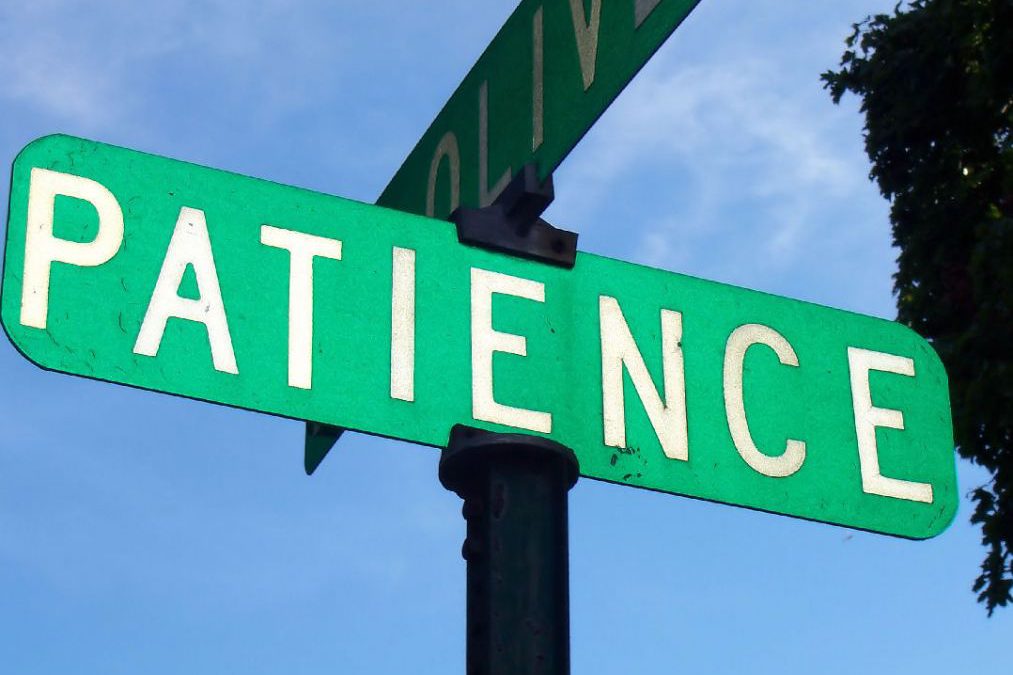It has been said that patience is a virtue. This certainly holds true in practice. It is even truer in this fast-paced society where “rushaholics” are in the majority and companies seem to believe that faster is better. Although patience is sometimes mistaken for sloth, it’s the patient ones who are the most effective managers.
Patient people fully intend to accomplish all their goals but they don’t expect it to happen overnight. They recognized that time as their ally, not their enemy, and that all goals can be accomplished given a realistic timeframe.
Patient people do not multitask. But they do utilize idle time and waiting time rather than get frustrated by the delays. They don’t attempt to do two activities at the same time if both activities require their attention. They don’t drive while applying makeup or read the paper while eating dinner or compose email messages while participating in a meeting or talking on the telephone.
They utilize idle time by working on other tasks. For example they set the table while the bread is toasting instead of peeking impatiently into the toaster every few seconds to see how the bread is doing. They respond to email while a report is being printed, sign documents while waiting for their laptop to reboot, and review their text messages while waiting to see a client.
Patient people do not exhibit an extreme sense of time urgency. They don’t push elevator buttons three or four times, never run up “up” escalators or rush to occupy the empty segment of a revolving door. They don’t interrupt others while they are talking, never tailgate when driving and seldom complain when someone is late for an appointment. They always have priority work on hand that they can work on whenever they have a few idle minutes.
What patient people may lose in physical speed, the make up for in mental agility. They plan before they act, think before they speak and research before they report. Consequently they make good decisions, wise choices and sound judgments, achieving above average results.
Patient people tend to exhibit “Type B” personality style, a more laid-back, contemplative style characterized by methodical goalsetting, planning and delegation. They are competitive without seeming aggressive and goal oriented without seeming overly ambitious.
Being patient, they are good listeners and usually excel at personal relationships. Being calm, they exude confidence and easily gain trust and loyalty. Patient people make good leaders as well as followers. And they are seldom stressed out or in a panic mode.
How can one gain patience? This takes time since it involves changing behaviours – a slow process of acting out again and again the new behaviours you want to acquire. But small changes will lead to bigger changes and even those individuals exhibiting an extreme “Type A” personality style can modify their behaviour over time. Start small and let the success of those incremental changes motivate you to persist.
For example, drive a little slower, pause before you answer, occasionally be the last one off the bus. Let the dryer go through its full cycle, resist the urge to open the microwave door before the buzzer sounds, and let a staff member finish their explanation for before answering your own question.
Stay in bed until the alarm goes off, sit quietly in the car for a few minutes before entering the house, and don’t rush to turn on the TV set. Take a longer more scenic route to work, walk up the stairs instead of taking the elevator and spend five minutes talking to your assistant before tackling those voice mail messages.
In other words, slow down. Change your routines. Take a break. And above all, realize that a wasted minute does not lead to a wasted life.


Recent Comments